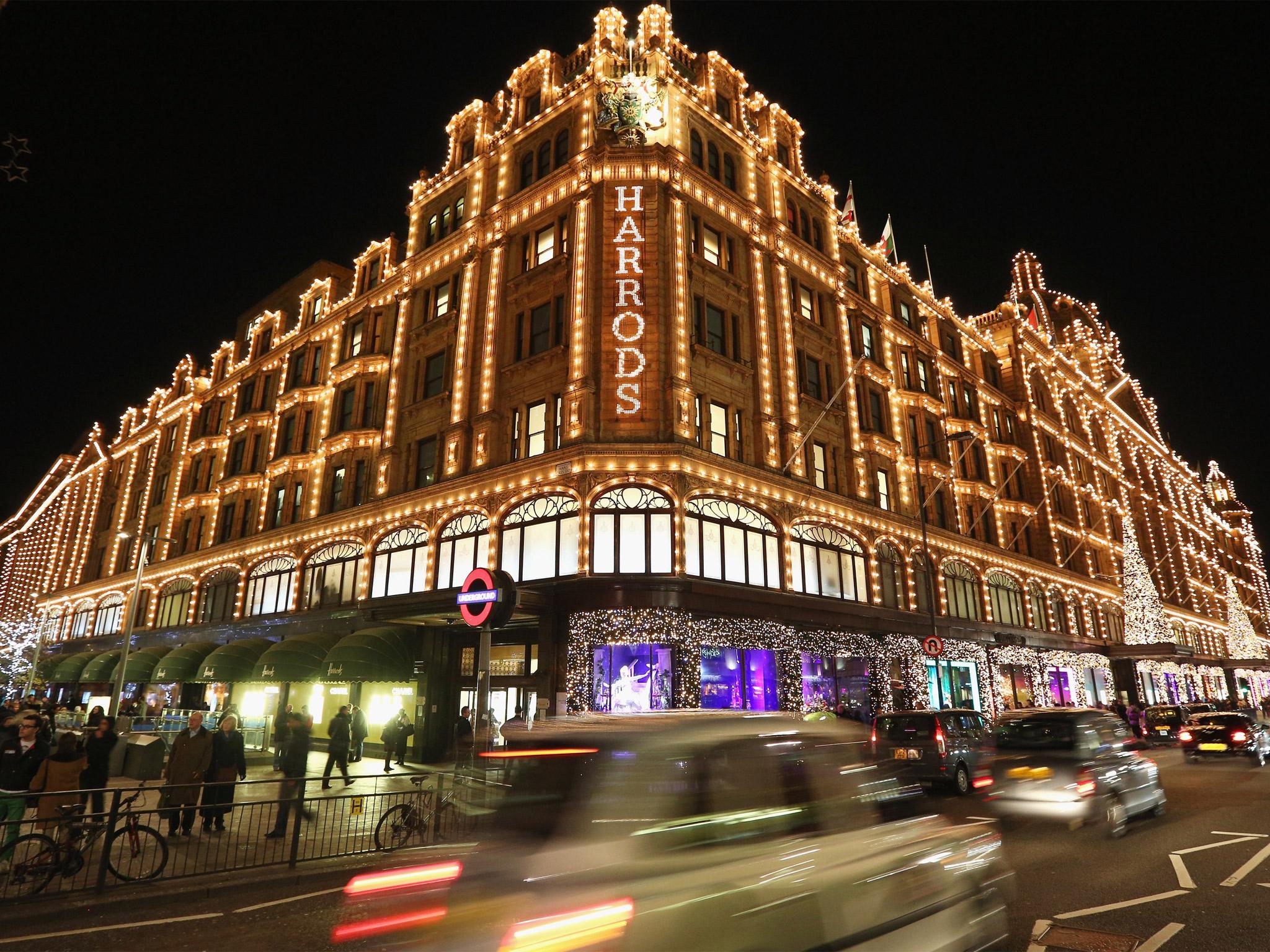The complex tax lives of our foreign millionaires
Desperate to plug the UK's deficit, the Treasury is clamping down on loopholes allowing the wealthy to avoid duty

For the multimillionaire FTSE 100 director Massimo Tosato, having one employment contract with the fund management giant Schroders is clearly not enough. Unconventionally, the suave boardroom executive with a house in one of Knightsbridge's most sought-after squares has two.
Accountants said that such a structure could save him many thousands of pounds in tax every year on his earnings, although Schroders declined to confirm or deny this.
Last year, the Italian was paid £1.8m, including a cash bonus of £1.4m. It was not an uncommonly good package by the his standards: the previous year saw him earn £2m.
Schroders' accounts fail to explain how much of his pay, bonuses, pension and other incentives were for one contract and how much for the other.
As befits his status as a senior Schroders executive of decades standing, and a well-known figure in the fund management world, he also has more than £3.5m worth of Schroders shares to his name.The company would not comment on where, geographically, Mr Tosato's two employment contracts are based. Tax accountants said that in such circumstances one contract might be held in a low-tax environment in order to pay considerably less income tax.
The Government last week moved to clamp down on a tax loophole under which "non-domiciled" residents (non-doms) with split employment contracts could avoid duty by putting their earnings through low-tax foreign jurisdictions. From April on, foreign earnings claimed to have been made in low-tax countries will be subject to UK taxes. The change, which it is hoped will add £270m to the Treasury's coffers in the next five years, is the talk of the country's super-wealthy foreigners.
Cormac Marum, a tax accountant at Harwood Hutton, said: "The fear was that these non-doms would be claiming to earn a pittance on a minimum wage in the UK but make a fortune in their overseas job. That's where the Treasury got their numbers from. The trouble is, these numbers are always complete guesswork."
It is not known whether Mr Tosato is a non-dom, and Schroders declined to comment on his domicile status. It said his two contracts exist to "reflect the nature of his duties as executive vice chairman in the UK and as global head of distribution".
Mr Tosato's name was dragged into a political tax scandal in Italy last year over a property in the chic Parioli district of Rome that he sold to the government minister tasked with clamping down on tax avoidance. The minister, Vittorio Grilli, registered his purchase price in official documents at €1.06m (£900,000) while obtaining a mortgage of €1.5m, Bloomberg reported in a story picked up by the Italian media. Bloomberg pointed out that Italian property deals were often reported to be less than the actual price paid to reduce taxes. The minister later said he had made an additional payment to a member of Mr Tosato's family for carrying out work on the property, which he said explained the anomaly. He also denied avoiding any tax. There is no suggestion of wrongdoing on Mr Tosato's part. A Schroders spokesperson said on his behalf that the transaction had been "completely legal and above board" and all details had been declared to the authorities more than nine years ago.
When asked about Mr Tosato's seemingly unconventional employment arrangements, Schroders said in a statement that he "spends a significant proportion of time overseas, reflecting Schroders' global Distribution presence... although over 80 per cent of his remuneration is paid in the UK reflecting how his role has changed over the last eighteen years with Schroders".
The Government's clampdown in the Autumn Statement on non-doms using dual-contracts was combined with another assault: the levying of capital gains tax on the sale of homes in the UK. Until now, rich foreigners, largely from Eastern Europe – the troubled southern European countries and Asia – enjoyed extremely low tax on the profits they make when they sell investment properties in the UK.
The Chancellor expects to raise £125m from the move by 2018. Mr Marum said: "Combined, these measures will take some of the polish off London being the ideal destination for wealthy foreigners – but to be honest, it has been so good for non-doms for so long, you had to wonder how long it would last."
A tax lawyer who specialises in Russian clients said: "This will not be enough to drive people away. These people have made England their family home; they do not want to uproot them again. And you have to remember, many of them are frightened to return to Russia because they are worried they may not be able to leave again."
In the meantime, Mr Tosato's neighbourhood shops, Harrods, Burberry and Harvey Nichols, will keep enjoying a share of their fabulous wealth.
Subscribe to Independent Premium to bookmark this article
Want to bookmark your favourite articles and stories to read or reference later? Start your Independent Premium subscription today.

Join our commenting forum
Join thought-provoking conversations, follow other Independent readers and see their replies